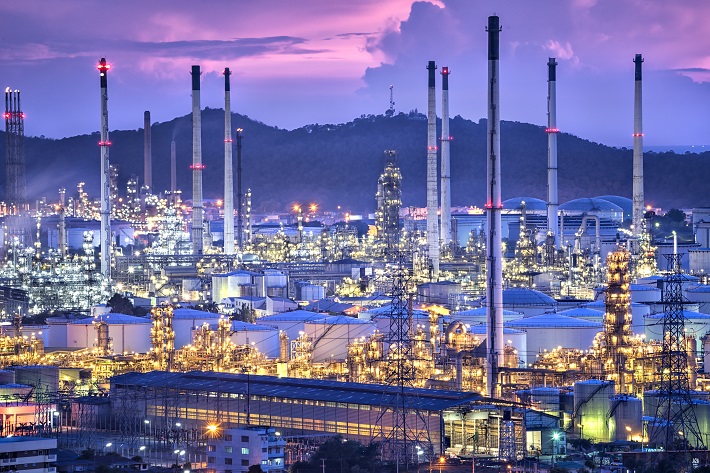There's a neat story from the folks over at Oil Price about how the Saudis have done an about-face on the price of traded oil. For the longest time, they were considered as being among the least "activist" in the commodity cartel OPEC [Organization of Oil Producing and Exporting Countries]. That is, they did not push for boosting oil prices by crimping production of OPEC member countries. In recent years, though, that has changed as they've turned from "doves" content with a lower price of oil to "hawks" seeking to increase this price.
The proximate cause of this apparent change of heart is the imminent initial public offering [IPO] of Saudi Aramco, the state-owned energy behemoth. Many of the specifics of that listing are not yet known: where the listing is to be made and how much of the company is to be floated:
Saudi Arabia is undergoing a truly seismic shift in its economy, politics, and society, all thanks to the oil price crash of 2014. Crown Prince Mohammed bin Salman, commonly referred to as MBS, would likely not have had the opportunity to initiate the sweeping changes envisaged in Vision 2030 had it not been for the price collapse. Now, Riyadh needs oil prices to rise as high as possible for the plan to succeed — and is even ready to tip the market into a deficit to that end.The change is rather dramatic. Consider the changing stances of Saudi Arabia and its ideological arch-rival within OPEC, Iran:
Saudi Arabia used to be OPEC’s most influential price dove, according to Bloomberg’s Grant Smith. Now, the kingdom has adopted a markedly different approach. Saudi Arabia is now focused on pushing prices as high as it can for a very simple reason: Aramco’s IPO.
When oil surged to almost $150 in 2008, attempts by Saudi Oil Minister Ali al-Naimi to cool the rally also faced opposition from other OPEC nations eager to enjoy soaring revenues. Prices slumped the following year during the Great Recession.If the listing of Saudi Aramco is the proximate cause, the longer-term one is rather more interesting and less obvious. Vision 2030 is mentioned and refers in no small part to the post-fossil fuel plan that Saudi Arabia has which obviously has the potential to upend its longstanding fuel-driven political economy. You see, proceeds from the IPO of Saudi Aramco are expected to fund the implementation of Vision 2030. If you are going to undertake fairly drastic economy- and society-wide changes, you would obviously be better of doing them under favorable economic conditions (read: high oil prices in the near future).
The dynamic is showing some signs of reversing. After Brent crude shot above $70 in late January, Oil Minister Bijan Namdar Zanganeh of Iran -- an OPEC producer that often used to agitate for higher prices -- said that $60 was sufficient.
Emboldened by the success of their strategy so far, the Saudis are now pursuing price levels that will ultimately lead to failure, said Eugen Weinberg, head of commodity market research at Commerzbank AG in Frankfurt.
So, the inescapable implication here is that to successfully transition to a post-fossil fuel future, Saudi Arabia would benefit from higher energy revenues at the present time to fund Vision 2030. Strange but true:
Aramco’s IPO is crucial for Vision 2030, as the proceeds from the sale will be the fuel that this ambitious plan runs on. While analysts disagree strongly on exactly how much Aramco is worth, it’s clear that the higher oil prices are, the higher the valuation for this oil giant will be.Pulling off Vision 2030's ambitious objectives is by no means guaranteed. Ironically, though, successfully weaning the kingdom off oil is more likely when oil prices are high rather than when they are low as Saudi Aramco is being listed as a "legacy" business--albeit a behemoth on the world energy stage.

